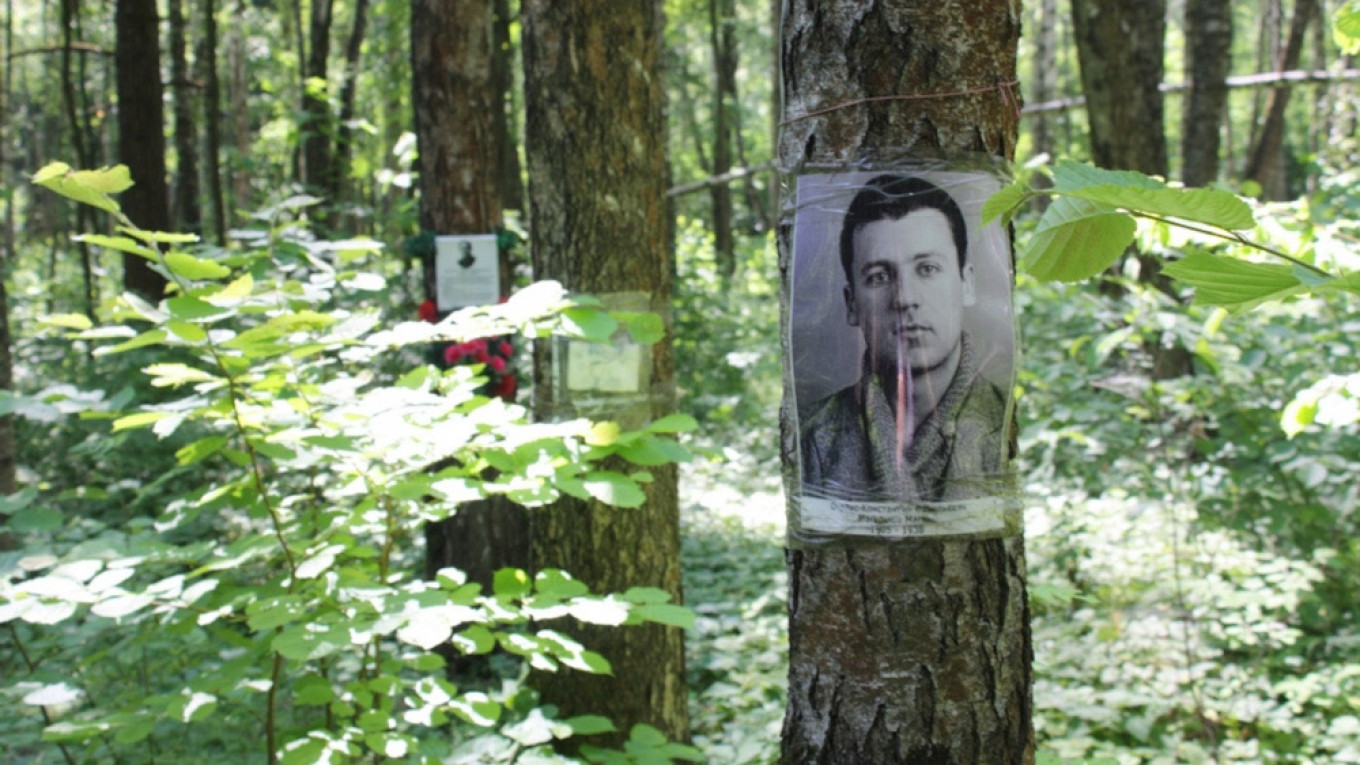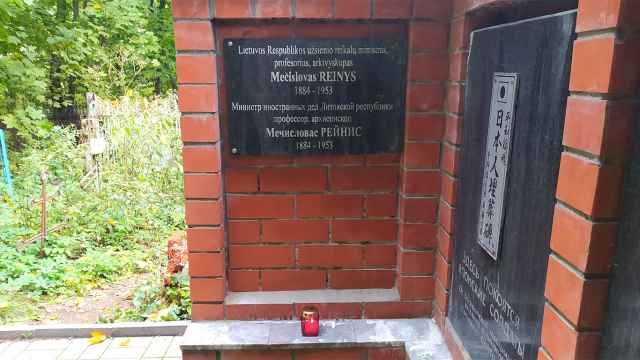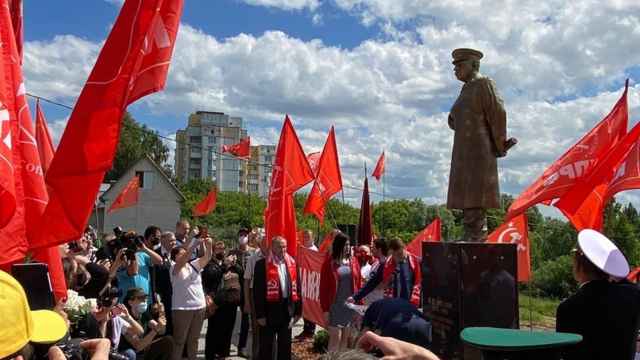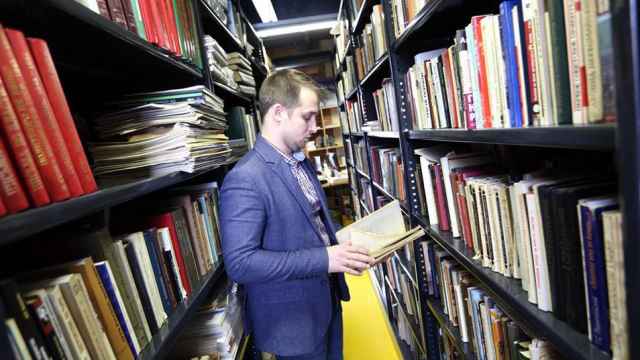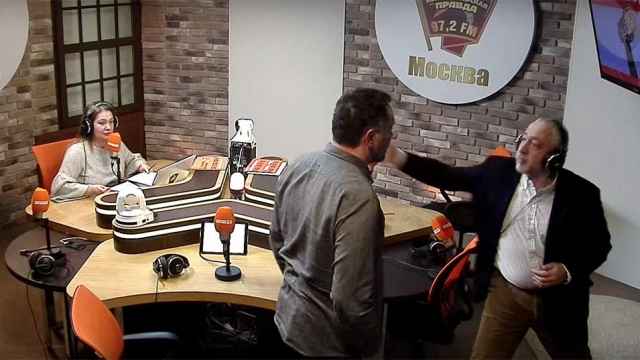Dozens of new pits have been discovered in a notorious Stalin-era execution site outside Moscow where more than 10,000 political dissidents are believed to be buried, the Kommersant business daily reported Thursday.
The existence of the mass grave in southwestern Moscow’s district of Kommunarka became known when the KGB opened its archives, before abruptly closing them, in the last days of the Soviet Union. Its successor, Russia's FSB, estimates that up to 14,000 people were shot and thrown into mass graves at the Kommunarka firing range between 1937-1941.
Searches that began in 2018 using ground-penetrating radar and an archival Nazi bomber pilot’s photograph of the area had uncovered 87 burial pits. Kommersant reported that archeologists have now discovered 47 additional pits, bringing the total to 134.
“The work on systematizing the list of those executed and correlating it with the discovered pits is still ahead of us,” said Roman Romanov, the head of Moscow’s Gulag History Museum which co-led the investigation.
The Memorial human rights group has opened an information center containing a database of 6,609 Kommunarka firing range victims, including members of the Communist Party elite, diplomats and counterintelligence agents. According to its information based on FSB archives, almost the entire government of the former Soviet satellite country of Mongolia and many Baltic officials were executed there.
Kommunarka was one of three Moscow killing fields used by Stalin’s secret police in the 1930s. The other two include the Donskoye cemetery and Butovo about 5 kilometers south of the Moscow Ring Road, where historians estimate at least 30,000 people were executed during Stalin’s Great Terror in 1937-1938.
The Soviet Union repudiated Stalin after his death in 1953, blaming him for mass imprisonment, executions and policies that led to the deaths of millions from famine.
Still, many Russians credit Stalin with the defeat of Nazi Germany in World War II. Recent public polling showed the dictator’s approval rating hitting all-time highs of 70% and President Vladimir Putin has been accused of attempting to restore Stalin’s image, calling him a “complex figure.”
A Message from The Moscow Times:
Dear readers,
We are facing unprecedented challenges. Russia's Prosecutor General's Office has designated The Moscow Times as an "undesirable" organization, criminalizing our work and putting our staff at risk of prosecution. This follows our earlier unjust labeling as a "foreign agent."
These actions are direct attempts to silence independent journalism in Russia. The authorities claim our work "discredits the decisions of the Russian leadership." We see things differently: we strive to provide accurate, unbiased reporting on Russia.
We, the journalists of The Moscow Times, refuse to be silenced. But to continue our work, we need your help.
Your support, no matter how small, makes a world of difference. If you can, please support us monthly starting from just $2. It's quick to set up, and every contribution makes a significant impact.
By supporting The Moscow Times, you're defending open, independent journalism in the face of repression. Thank you for standing with us.
Remind me later.


